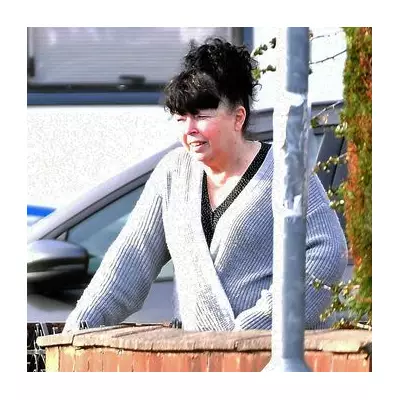
A sophisticated international publishing scam has been uncovered, targeting aspiring authors across the United Kingdom, Australia and New Zealand with AI-generated staff profiles and fake testimonials. The operation uses cloned websites and virtual offices to create an illusion of legitimacy while soliciting significant payments from hopeful writers.
The UK Connection: First Page Press Exposed
At the heart of the scandal is First Page Press, which lists addresses in London and Melbourne while operating what appears to be a fraudulent publishing scheme. The company came under scrutiny after being linked to similar operations in Australia, including Melbourne Book Publisher, which has been confusing authors by using a name nearly identical to the legitimate publisher Melbourne Books.
When confronted by The Guardian about their use of AI-generated staff images, First Page Press initially denied the allegations. Kendrick Wilson, identifying himself as a "senior consultant" not listed on the company website, claimed they weren't using AI-generated means to portray staff, but then contradicted himself by stating that "every other website is taking advantage of AI."
The operation took a more disturbing turn when it was discovered that First Page Press had listed books on its site that were actually published by US-based self-publishing company Atmosphere Press. The CEO of Atmosphere Press, Nick Courtright, described this as "brazen theft" and has issued a cease and desist notice while reporting the matter to Scamwatch.
How the Scam Operates
The fraudulent publishers use multiple tactics to appear legitimate while targeting vulnerable first-time authors. Andrea, a Western Australian author recovering from cancer, shared her experience after being deceived by someone calling themselves Marcus Hale from Melbourne Book Publisher.
"I saw him. He saw me," Andrea recounted. "He answered every detailed question about contracts and publishing percentages, we discussed plans for a book signing in Melbourne, we talked about me getting a presence on TikTok, and a launch at my local bookshop. I believed it all."
Her excitement turned to "gut-churning" realisation when she contacted the legitimate Melbourne Books office and discovered no Marcus worked there. She had only lost $88 for what she was told would cover an Australian Business Number registration, but other authors were being asked for much larger sums.
David Tenenbaum, owner of the legitimate Melbourne Books, investigated by pretending to be an author and was quoted publishing packages ranging from $1,495 to $1,799, with one potential victim being asked for nearly $5,000.
AI-Generated Staff and Stolen Identities
The scam operations make extensive use of artificial intelligence to create fake corporate facades. The "meet our team" pages on these websites feature AI-created images of impeccably groomed executives with rotating names including Jonathan Hale, Marcus Ellison and Lydia Preston.
Both Melbourne Book Publisher and First Page Press used identical AI-generated images for their executive teams before quickly removing them after being contacted by The Guardian. None of the people named are known in publishing circles in any of the affected countries.
Adding to the deception, the operations known as Aussie Book Publisher and Oz Book Publishers created fake testimonials using the images and names of real authors without permission. US children's author Blair N Williamson was renamed "Kristine" on the Aussie Books website, while Australian children's author Katrina Germein became "Sarah."
"As an author, you work so hard to build trust with your readers," Williamson told The Guardian. "So to see my name used and my photo in a deceptive way felt pretty unsettling."
International Investigation Underway
Australia's National Anti-Scam Centre is now investigating the case, and the Australian consumer watchdog, the ACCC, has issued a statement acknowledging they are looking into the matter. The true scale of the venture remains difficult to gauge, according to Tenenbaum, as the only known victims are those who became suspicious early and conducted due diligence.
Dr Ashish Nanda from Deakin University's Cyber Research and Innovation Centre warned that "malicious actors are getting far more sophisticated through the use of AI tools", which allow scammers to rewrite text and alter imagery while maintaining the appearance of authenticity.
All the suspect companies list physical addresses in reputable business districts in London, Melbourne, Brisbane and Wellington, but these are all serviced office spaces that can be used by unlimited numbers of companies, adding another layer of false legitimacy to their operations.
The ACCC encourages anyone who encounters publishing scams to report them to Scamwatch, emphasizing that this information helps disrupt scam networks. As AI technology becomes more accessible, experts warn that such sophisticated publishing scams are likely to increase, targeting the dreams and vulnerabilities of aspiring authors worldwide.





